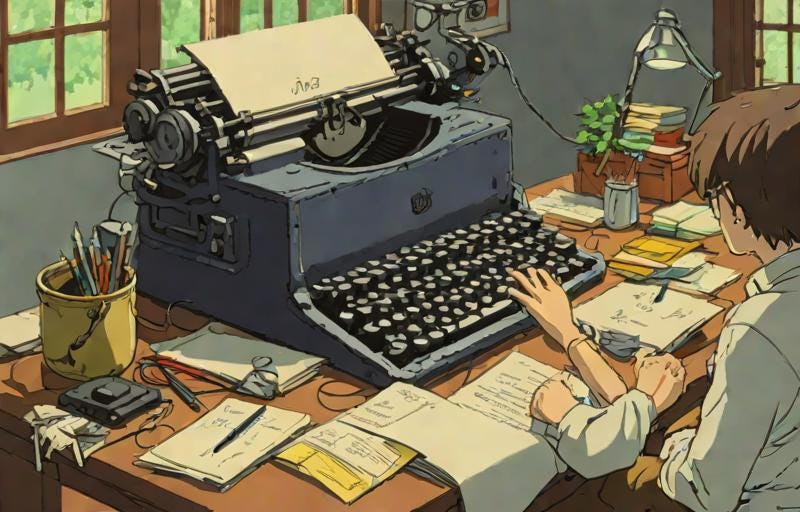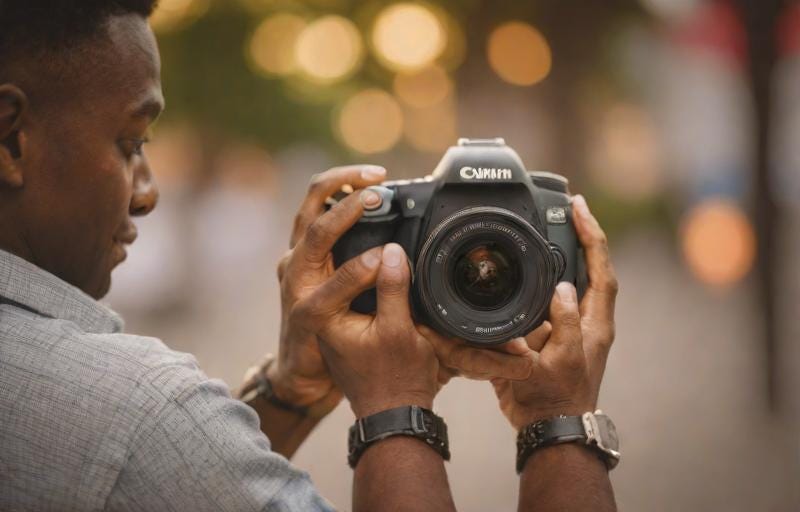Hi friends!
We’re doing things a little differently this round. Rather than send out one massive newsletter at the end of the March, I’m going to send several smaller newsletters. Same great medicine, but perhaps a smaller dose will help it to go down easier.
After all, this is my newsletter, and I make the rules. Between you and me? I’m not even a huge fans of rules. Except for, y’know, the ones that hold society together.
Something I learned this week:
I do a lot of research. For books I’m writing, for my day job at the video game studio, for fun. I pick up a lot of useless information in the process. Let me pass along a real gem…
Gliding snakes are a real thing.
Sorry to break it to you. Especially if you’re scared of snakes. So… um… remember to look up the next time you’re outside.
Cool thing of the week:
I recently dropped by the Words, Images, & Worlds podcast for a chat about my work. It’s a quick (and fun) 13-minute interview. Hit the video below to check it out and to guess which person’s bookshelves are real.
Unsolicited Writing Advice
When I initially started this newsletter, it was my goal to provide writing advice to my readers. I’ve done that here and there, but often I forget, or I train my thoughts elsewhere. Or, there are times where I jot down some advice and then I delete it because I wonder, “Who the heck am I to be giving anyone advice about writing?”
But right now, I’m remembering that I’ve had a 12-year career as a professional writer, and there’s some stuff I know that other people might want to know. I’m coming in hot with my confidence high and the imposter syndrome low.
I do a lot of mentoring for burgeoning writers, 97 percent of it through my affiliation with Full Sail University. I’m always happy to look over resumes, writing samples, or simply listen to a writer’s concerns and help them to steer the ship back in the right direction (I won’t read the first draft of your novel, though. I’m sorry). I’ve had more conversations with writers in the past two weeks than I did in the entirety of 2023. There’s something in the water. Something good. As lessons came to light during those conversations, I wrote them down. You’ll find them below.
And to keep it interesting for you, I’ve created some soulless AI-generated art using my advice as prompts.
#1 » How to launch a writing career in 2024
Launching a writing career can be daunting, like a mountain you want to scale that at first seems beyond your skills and abilities. But it’s not.
To gain professional experience you should first write what you know. Think about a topic you love. A topic you know nearly everything about. Maybe it’s professional wrestling. Anime. Knitting. Cosplay. Clean eating. A music genre. A specific television or book series.
Write an 800 word article on the topic. Then write another. Perhaps a third. Reread them. Edit them. Practice writing concise, attention-grabbing headlines (that aren’t clickbait-y). Ensure these articles show off your writerly voice. Have something to say. Be an authority on the topic.
Then, go on the internet and find the websites that talk about that topic. You probably already read them. See if the site needs freelance writers. If they aren’t advertising a need, contact them anyway and offer your services. If they don’t need help, ask them to keep your info on file. Go to the next site. If no one needs help, start a blog, a Substack, a newsletter. Get your writing out there. Start building a platform. If you’re passionate about the topic, you’ll never run out of things to write about.
Learn AP style from YouTube videos or one a million websites that explain how to do it. Meet the deadlines given by editors (or yourself).
The process of coming up with fresh ideas every day and writing to deadline will give you half of the tools you need to succeed as a writer, and can be applied to any job you encounter throughout your career.
#2 » You'll write "anything," eh?
A common mistake I see new writers make is that they say they’ll write “anything.”
But do you really have the means to write that “anything”?
It's important to try your hand at different mediums early in your career when you have the extra time to experiment. This is a solid investment in yourself. Write articles. Try copywriting. Try nonfiction. Attempt technical writing. Product descriptions. An audio drama. A YouTube script. A podcast.
Not only will these experiments provide you with relevant samples you can use to apply to jobs in the future, but it’s important you have attempted them BEFORE someone is paying you and has expectations.
By dabbling in different forms of writing, you’ll learn what mediums you actually ENJOY working in, and you may see that your claim of wanting to write “anything” isn’t true. But most importantly, you may realize that the thing you WANT to write and the thing you are BEST at writing may not be the same thing.
#3 » Master the fundamentals
If you want to be a professional writer, you must know the fundamentals. This is non-negotiable. There is no “fake it ‘til you make it” here.
Most companies can no longer afford to keep editors on staff. There is an expectation that as a professional writer, you understand and can employ proper grammar and sentence structure.
You cannot rely on Microsoft Word or Google Docs to do the heavy lifting. If you struggle with grammar and structure, there’s no shame in brushing up via YouTube videos or online classes.
It is your JOB to know it.
#4 » Have a voice
Always be working to develop your voice as a writer.
Voice is the most important tool you have in your arsenal. Voice is your stamp. Your brand. It's the way your personality comes through on the page; everything from word choice to sentence structure, to tone and punctuation.
Learn from your favorite writers. Study their voice. Recognize what speaks to you, and makes you hang on their every word. Look for sentences that inspire you and make the hair on the back of your neck stand up.
Think about how other writers approach their work and approach your own with the same zest, zeal, and enthusiasm. Your writing voice is what makes your readers feel excited, feel educated, or just feel.
You'll get jobs and opportunities based on your writing voice. Practice writing and communicating in the way that only you do and can.
#5 » Always strive to be better
Having a writing degree won’t get you jobs. Job applications will only sometimes get you jobs.
Your writing is what will get you jobs. Thus, you must practice writing. You must constantly work to become better.
Networking will get you jobs. Thus, you must practice networking. You must constantly work to become better.
Your personality will get you jobs. Thus, you must practice being a kind and collaborative human that others want to work with. And you must constantly work to become better.
Is this the first time you’ve ever reached the bottom of the newsletter?
I’m Wes Locher. I’ve been writing professionally for more than 12 years. I write comic books, video games, fiction, and nonfiction. I write whatever seems fun, cool, and inspiring. I also love helping other writers to demystify the process of making a living through words. This is my newsletter.
Sorry that’s all there was down here.









